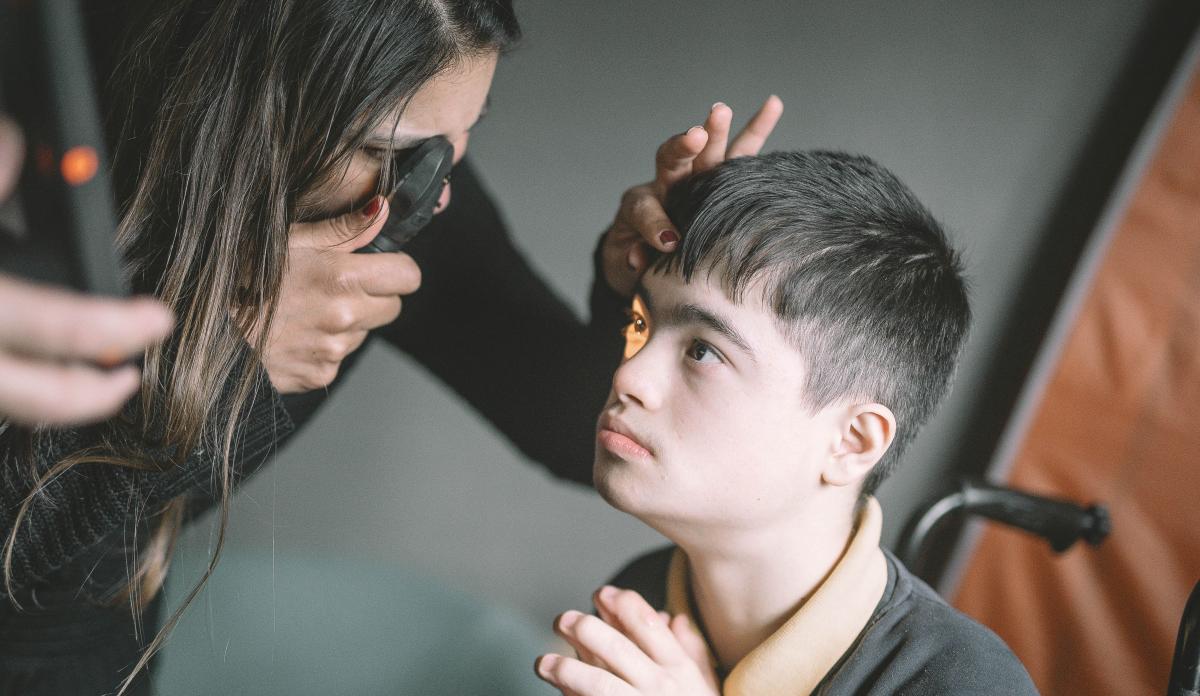
NHS England provide an update on special schools eye care
At the weekend NHS England stated that that dental, hearing and ‘eye checks’ would be provided to meet the sensory needs of children in residential special schools.
The new government’s support for the principle of bringing eye care to all special school children is hugely welcome. The Ministerial quote provides confirmation that the eye care service proposals will also be for all special schools, not just residential. The high level of sight problems amongst children with learning disabilities is highlighted.
However, there is an urgent need for clarity as to the timing of the rollout and what the eye care service will consist of.
In June 2023 NHS England and the previous government announced that it would roll out a special schools eye care service, reaching as many as 165,000 children. This was based on many years of work and evidence from SeeAbility and others on what works - a ‘one stop shop’ of eye care in special schools.
This is much more than ‘eye checks’ mentioned at the weekend – the successful model delivers full eye tests, glasses, support to get used to these and a report for parents and teachers they could understand, using specially trained eye care professionals.
NHS England’s own evaluation found this model of care works brilliantly, but there is still concern that both the specialist support and the most transformative part of the service – providing glasses and support to get used to them in school – could disappear.
Eye care professionals in hospitals and the community have been standing ready to deliver this service for many years, once they have a contract from local health bodies. Special schools across the country desperately want this support, as do children and parents.
There is already funding ringfenced for the rollout in this year’s NHS primary care plan, so no need to wait to next year for more children to miss out.
We and other charities, parent groups, special school and eye care bodies are imploring NHS England to stick with the model of care that has worked so well. Providing it does so, there is huge potential for this service to reduce health inequalities, make better use of community eye care, reduce hospital waiting lists and improve disabled children’s health and educational outcomes.

